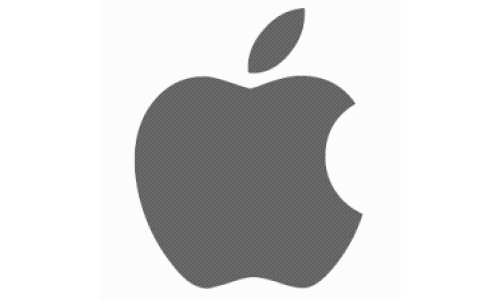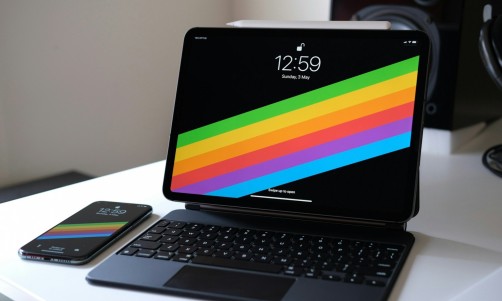The German automaker BMW continues its plans to push towards hydrogen fuel cell-powered production models, with its striking looking BMW i8 fuel-cell prototype. The i8 hybrid combines both a combustion engine and an electric motor. At a technical preview event, BMW recently revealed its new i8 fuel-cell BMW test vehicle. The new square cut coachwork and its latest hydrogen tech engine can give some clues about the future BMW models. The i8 fuel-cell powertrain drives has a futuristic design and looks like a prototype materialized from a sci-fi movie.
Another fuel cell powered vehicle from BMW, the 5-series GT prototype, is also undergoing testing. In its case the operating range of the car is of more than 300 miles and the motor produces the equivalent of 242bhp. The Fuel Cell Electric system used in BMW's prototype vehicle converts below 150 degrees C hydrogen from a cryogenic tank mounted centrally in the into water vapor and electric. The electrical energy resulted from this conversion process is usually stored in a high-voltage battery. In the case of BMW's i8 test car the electric power is instantly delivered to a solitary rear-mounted electric motor.
The BMW Group has been researching propulsion systems fueled by hydrogen cells for more than 15 years. In the year 2013 BMW teamed up with Toyota to use together their resources towards with the aim of preparing components for mainstream production of FCEV by the year 2020. The future success of FCEV depends on the development of a hydrogen infrastructure in the concerned markets. BMW plans to offer over the long term FCEV car models as part of its I car series, under its 'eDrive' banner.
Fuel cells have been in use for powering space-crafts since 1960s. They produce electricity from a reaction between air and hydrogen. The only emission is in the form of water vapors, so this is also a clean fuel apart from the longer range of travel. The challenge that lies ahead is to develop an infrastructure of fuel and service stations for the new hydrogen powered cars. The spreading of this new technology is also limited due to the high costs and this year only about 1,272 such vehicle will hit the road.
This can be the end of the combustion engine in the near future, if the prototype testing is successful and the new commercial models introduced further on the market will be well received by the consumers. Until then, in case of the German automaker BMG, this new technology propelling electric cars will run a while alongside the BMW TwinPower turbo engines as an alternative, rather than a total replacement.
BMW claims that customers will be able to reach a range of 300 miles or greater and filling up the hydrogen tank will not take longer than refueling a combustion engine at the gas station. The 5 Series Gran Turismo hydrogen FCEV car was recently unveiled in France, during the BMW's Group Innovation Days, alongside with the i8 hybrid research car.













